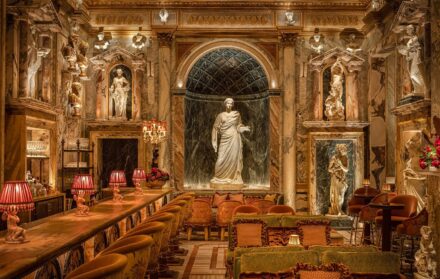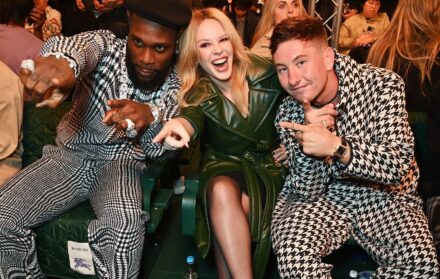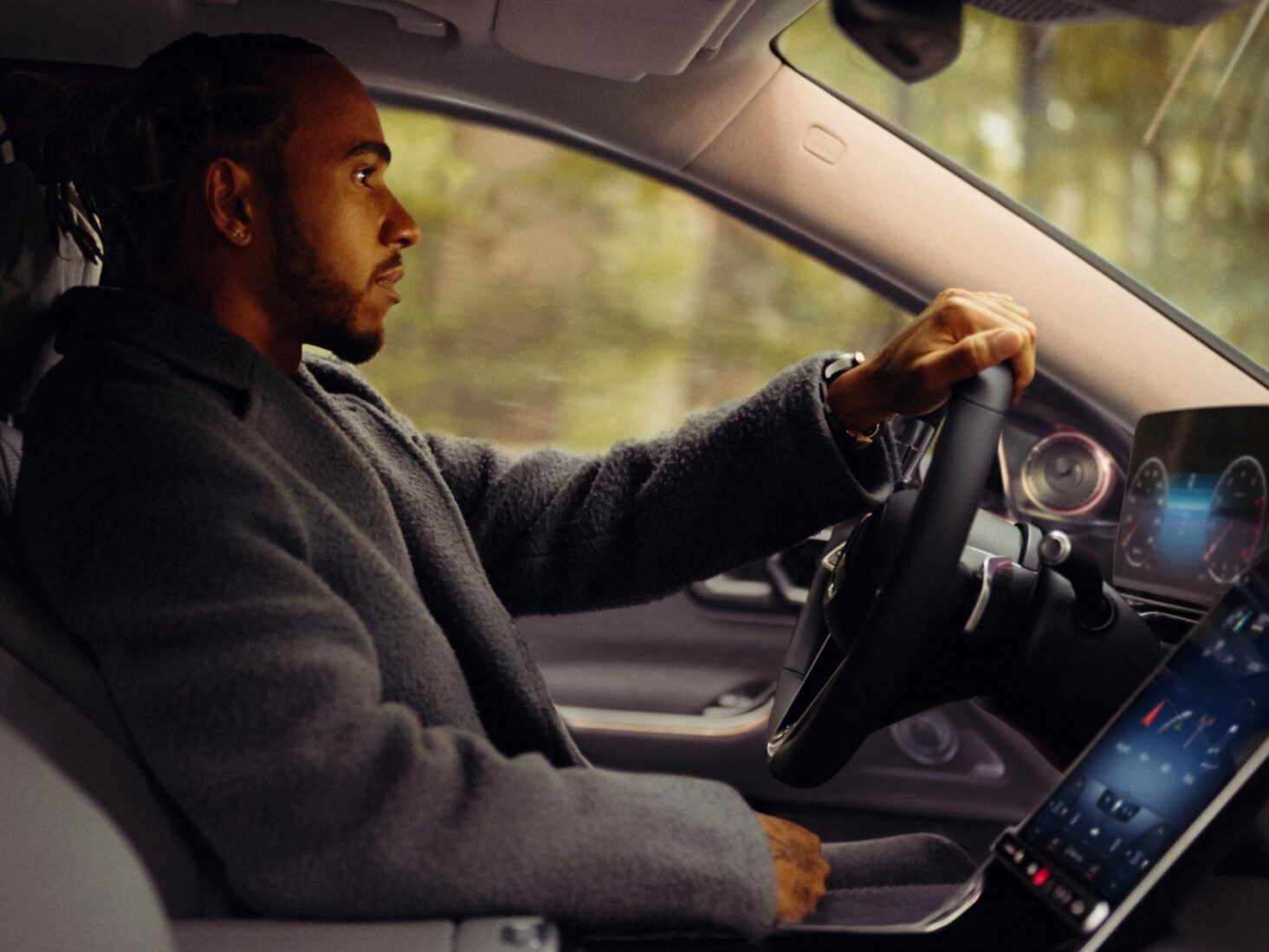
Lewis Hamilton: The Formula 1 champion on driving diversity in motorsport and using his platform for change
“I will remember this period of my life as an awakening for society”
Lewis Hamilton is the most successful driver in Formula 1 history. On 15 November 2020, the boy from Stevenage claimed his seventh world championship title at the Turkish Grand Prix. In doing so, he equalled the record set by Michael Schumacher 16 years earlier – a haul that many believed would never be beaten.
Hamilton has now won more races than his German hero – 103, even with a positive test for Covid-19 cutting his 2020 season short with two races to go – and that excruciating last-lap defeat in the 2021 season that, well, we’d rather not dwell on. The promise of further titles, unless something goes drastically wrong (again), dangles tantalisingly close.
When I spoke to the now 37-year-old on the Saturday of the 2020 Turkish Grand Prix, the champion-elect had just endured a terrible qualifying session, unhappy about grip on a newly-laid track that had tested his imperious wet-driving skills to the max. Instead of lining up at the front of the grid, the next day Hamilton would start the race in sixth position. In inclement conditions, he would claim his 94th grand prix victory, and with it the 2020 championship.
“That’s for all the kids who dream the impossible,” he will say, in an emotional radio message broadcast around the world. Wiping away tears, Hamilton will lift his visor and be engulfed by a tsunami of Mercedes teammates. Boris Johnson will send a congratulatory message. Plaudits will flood in from all quarters of society. He’ll scoop a second BBC Sports Personality of the Year award and will be given a knighthood in the New Year’s Honours list.
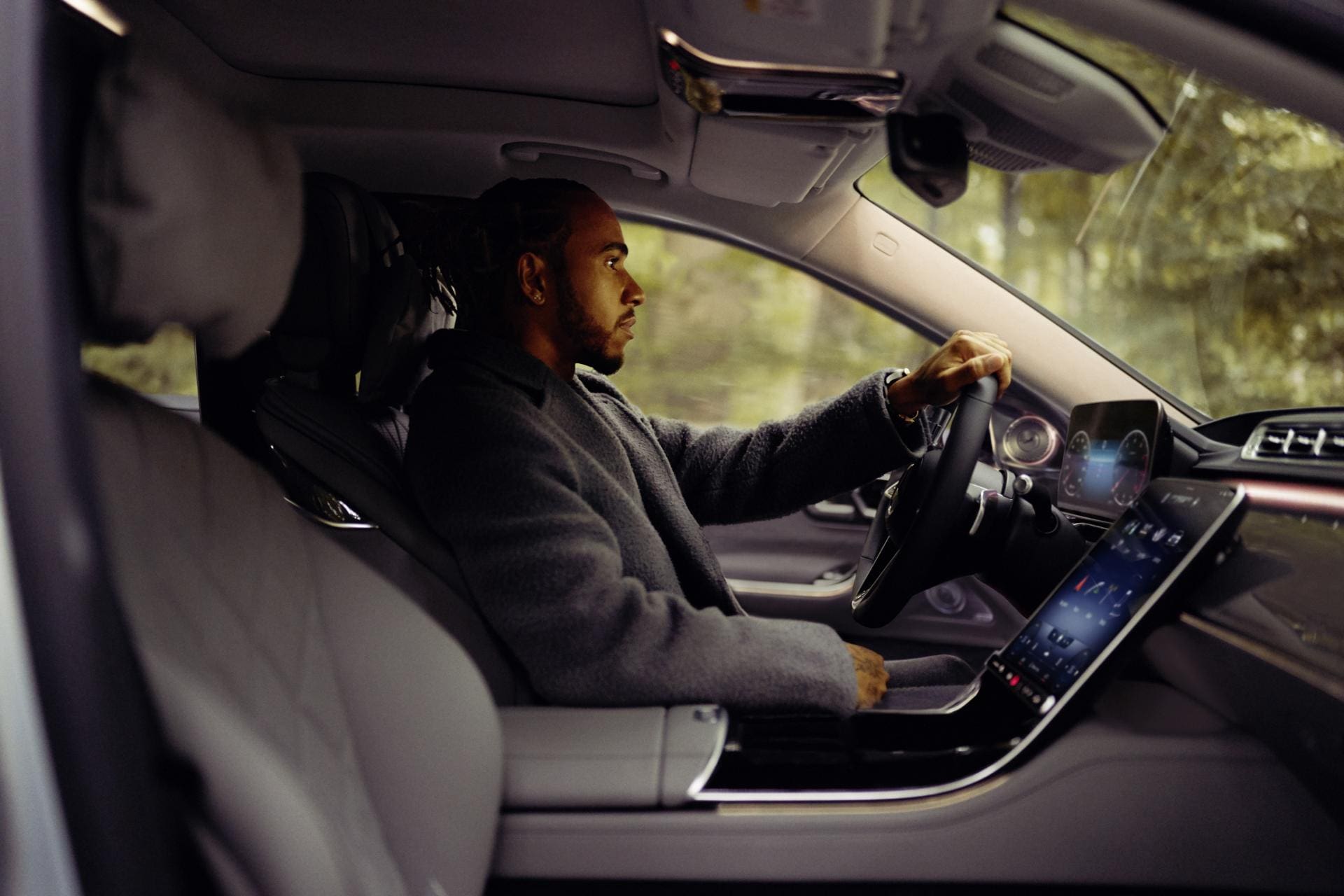
The emotional scene will be a moment to savour in what has become, in other places, a very dark year. Hamilton is reflective about his role in 2020 – both on and off the track. “It has been a very unusual year of competition because of the effects of the pandemic. Racing without fans and with social distancing has changed everything.
“Away from Formula 1, I will remember this period of my life as an awakening for society. The death of George Floyd sparked the Black Lives Matter campaign and acted like a giant rock dropped in a pool of water. It created a ripple effect which has spread throughout the world. We now have to ensure those ripples don’t fade away.”
Hamilton became a figurehead of the Black Lives Matter movement by encouraging his fellow F1 drivers to ‘take the knee’ at each of the season’s grands prix. While his competitors have all expressed their solidarity against racial injustice, some, claiming political impartiality, among other reasons, refused to kneel.
The split in ranks hasn’t deterred Hamilton, who continues to lobby drivers to stay involved in conversations about equality and injustice. “We have to remain committed to making a change,” he says. “There has been improvement this year but we need to do more work. We need to be constantly learning and holding ourselves accountable. I took risks using my voice and putting my head above the parapet, but in 2021 I intend to keep on going. F1 needs to be more diverse and minorities need more opportunity. Your destination in life shouldn’t be determined by your colour, religion or where you are from. We should all have the same opportunities.”
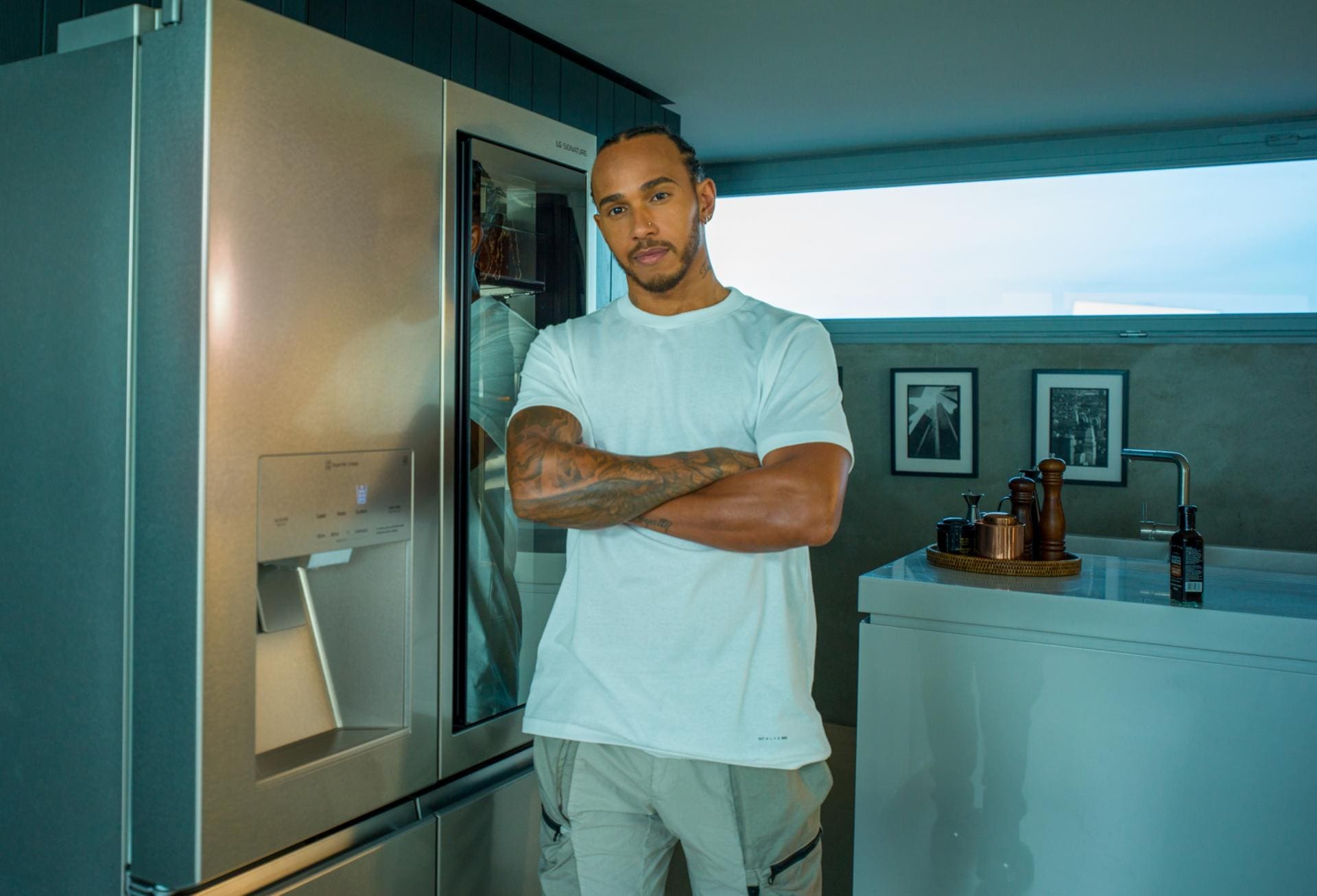
Hamilton has experienced racism first-hand. From an early age he was bullied both at school and on the go-kart track (he began learning his trade at the age of eight). Certain events are etched into his memory. “I have a lot of memories from back then. Memories of people looking down and talking down to Dad and I. It wasn’t just the parental bickering you get between families; I’m talking about racism.”
His father, Anthony, bought Hamilton a remote-control car when he was five and realised his son had a passion for speed. Within a year, the toy had been replaced with a go-kart powered by a lawn-mower engine. “We took it to the empty car park at B&Q when there was nobody around and I learnt how to use the pedals. Dad drove me anywhere there was a space big enough. Then we discovered Rye House go-kart circuit, just off the A10 in Hertfordshire.
“Dad was a tough man – when he said something, I did it. He would watch where the champion kart drivers braked into a corner, then pace out a few extra metres further on and stand where I should brake. I kept skidding off through the tyres and into the field. The first time I had an accident and bloodied my nose he ran up to see how I was. I just replied ‘can you fix the kart in time for racing tomorrow?’”
The Hamiltons weren’t a wealthy family. Lewis’ grandparents had come to the UK from Grenada in the 1950s and his parents, Anthony and Carmen, moved from London to Stevenage’s Shephall Estate before splitting up when Hamilton was two. Anthony worked in IT and took a succession of extra jobs to fund his son’s fledgling career.
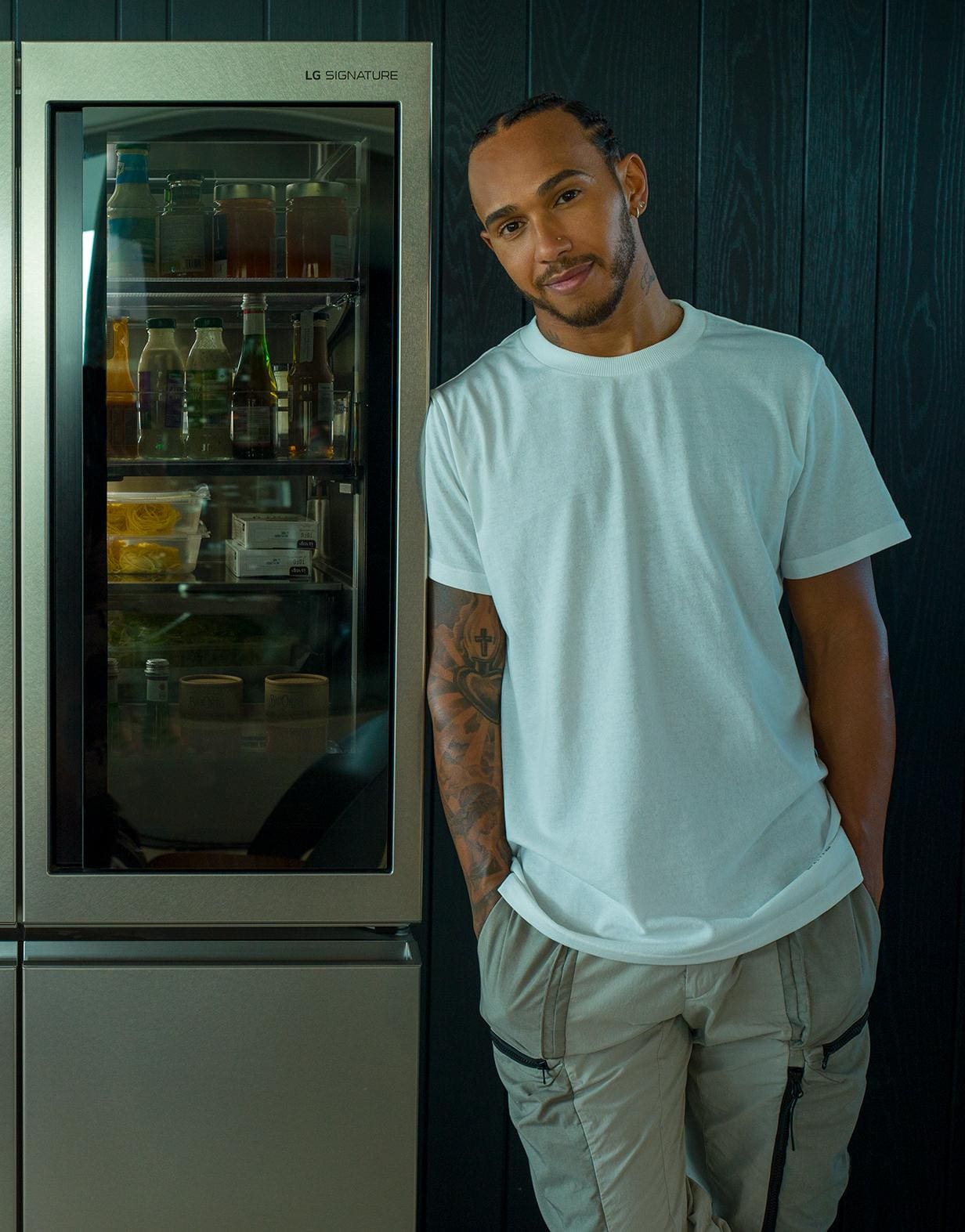
“We’d lower the seats of Dad’s Vauxhall Cavalier and stuff my go-kart in the back. It didn’t fit and would just hang out the boot. We eventually bought a box trailer and my stepmum would sit in the back with a little gas heater that Dad found in a skip.
“She had a red plastic flask with a hot Pot Noodle and bacon sandwiches always at the ready. I went back to the circuit a few years ago and it was great to see. I don’t miss the trailer and the Knorr Chicken Noodles but I do miss the simplicity of it all.”
Hamilton’s first kart was among the slowest of his competitors’, partly because of age restrictions, but when he started to get better at racing, the would-be champion noticed how other parents would be extra competitive towards his Dad. “You expect that in sport but what isn’t okay is when it becomes racist.” Things weren’t much better at secondary school. “I hated it. School was always a struggle for me. Kids can be tough and I was one of only two black kids. Luckily, I had big sisters who were able to look out for me. I was bullied a lot – a massive amount, in fact.”
Earlier this year, Hamilton surprised the owners of his first family home in Stevenage by turning up unannounced. “I drive by quite often and decided to knock on the door. It had changed a lot but the fireplace my father built was still there and the owners were very kind.”
Hamilton returns to Hertfordshire as often as he can to see his divorced parents. He recently reconciled with his father after a very public falling out. He splits his spare time between homes in Monaco and California. “All I want to do is finish each season on a high,” he says. “Then take my dog for a walk on the beach and maybe go surfing in Bali. If I was to treat myself, it would be to go on a trip with my family or friends. I’d like to go and see one of the seven wonders of the world – especially the Pyramids because I’ve never been. Then I’d like to throw some clothes in a bag and go scuba diving.”
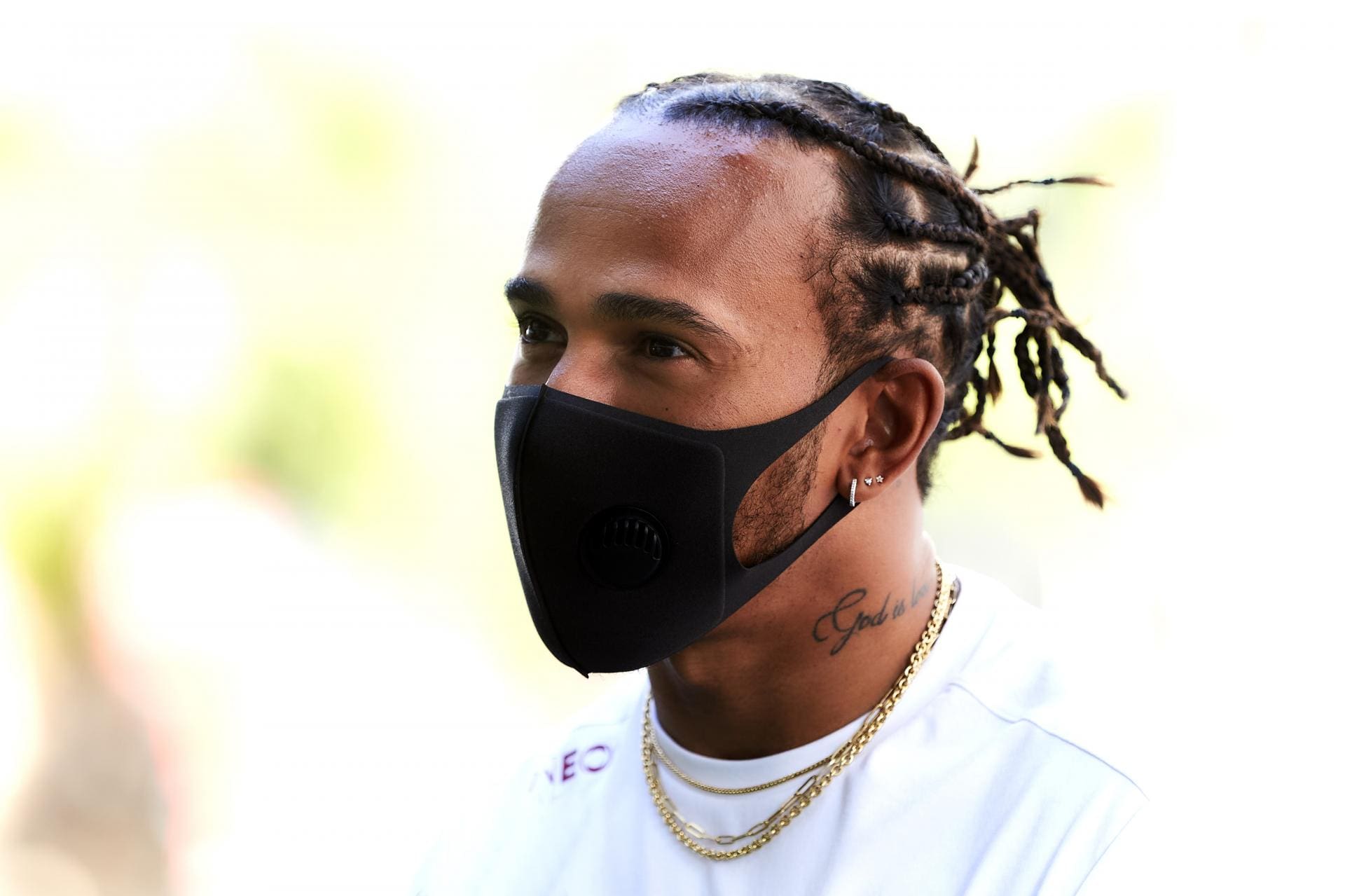
In 2021, Hamilton achieved another lifetime ambition with the launch of his own racing team, X44. The champion won’t leave Mercedes but has just entered into the new Extreme E series. The all-electric, off-road platform that staged its first championship in 2021, racing electric SUVs in parts of the planet most affected by climate change.
“I’ve always wanted my own team; I just never knew when it would be. So when I heard about Extreme E, I jumped at the chance. Then, when I learnt what the series would be, what it means, what it will do, I knew it would create a powerful statement.”
Hamilton’s team includes both a male and female driver – Cristina Gutiérrez and Sébastien Loeb – as mandated by the Extreme E rulebook. Breaking down gender barriers was another reason Hamilton signed up. “We are still in the early stages when it comes to diversity in motorsport. Providing opportunities for those from a more diverse background is a priority for me. It’s not a quick fix for the motor racing community to move into a more inclusive situation. It’s going to take time to address the inequalities that there are in the career pathway for many people.”
Intriguingly, the series once again pit the seven-time world champion against his old F1 rival, 2016 World Champion and Monte Carlo neighbour, Nico Rosberg. Neither will compete as drivers but the contest still promised to be a fascinating rematch. Unfortunately for our subject, Rosberg’s Team RXR would pip X44 to the post, taking the title on win countback after both pairs finished on 155 points.
“The environment and raising awareness about climate change are close to my heart. Electric racing gives me an opportunity for me to merge my love of motorsport with my love for the planet,” says Hamilton. “I’m aware of the platform that Formula 1 has given me and I want to put it to good use. In my position, I have a responsibility to raise awareness of climate change.”
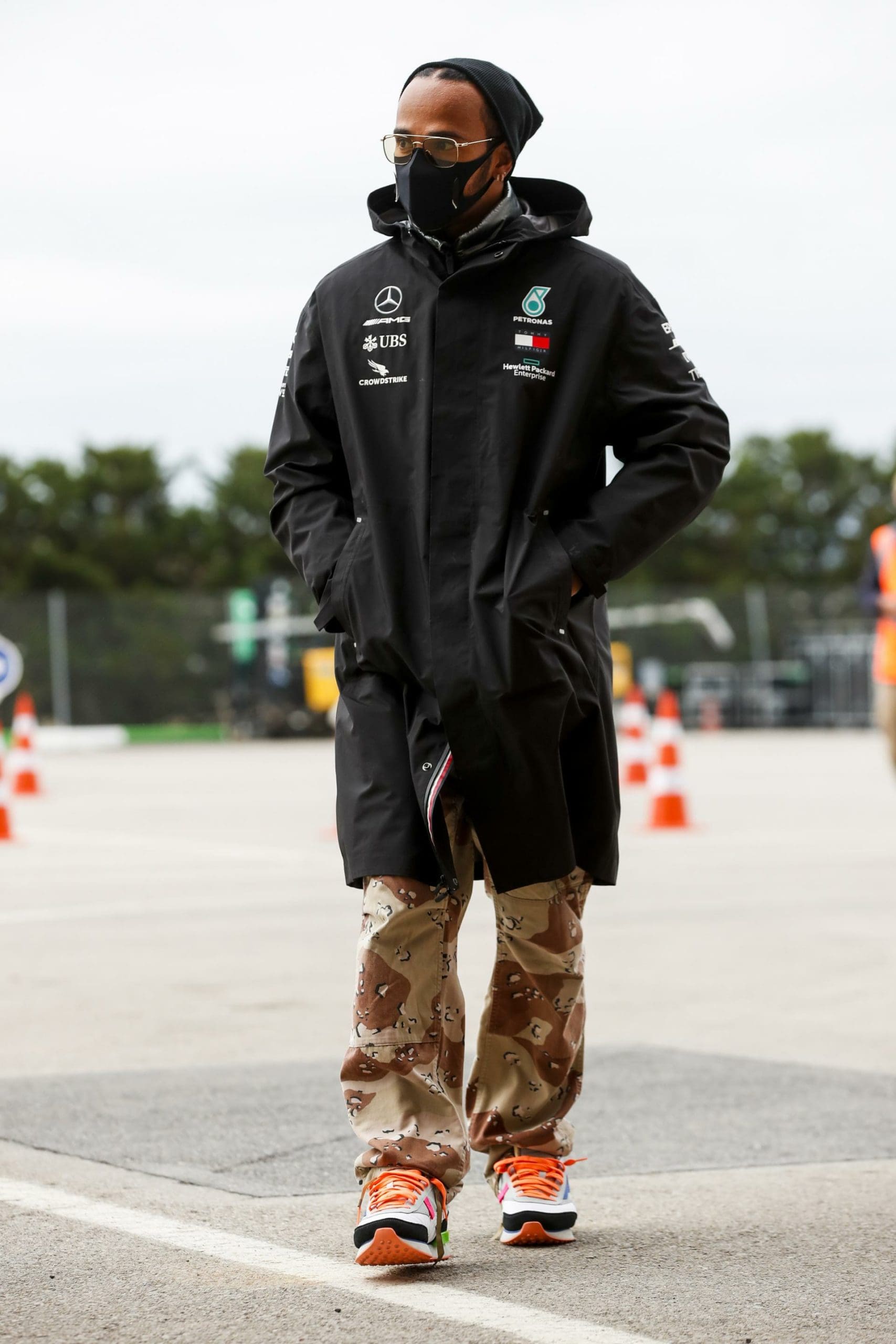
The irony of what he does for a living isn’t lost on Hamilton. “Motorsport does have a negative impact on the planet but now there is an alternative. New technologies like hydrogen fuel cells will charge Extreme E cars with a zero-emission energy source – which I think is incredible. Hopefully, we will start a ripple effect and other parts of the industry will follow.”
In 2019, Hamilton backed up his eco commitments by selling his £25 million private Bombardier Challenger jet. He now chooses to drive around Monaco in a battery-powered car. His electric Smart has been supplemented by the new Mercedes EQC – an electric SUV. “I bought the Smart so my mum and half-sisters wouldn’t freak out driving a supercar around town when they come to visit me. I use it all the time, as well as the EQC.
“The other car I have in Monaco is a McLaren, but I very rarely use it. I don’t think I’ve ever enjoyed driving a car on the road, however counter-intuitive that sounds for a racing driver. It’s very stressful and any journey longer than an hour or so is just dead time you don’t get back.”
Even so, Hamilton says he does relent when he moves to California for his annual winter break. The F1 star has a collection of cars which seem more of an investment than a pleasure, considering how little time he spends behind the wheel.
Hamilton’s garage contains all manner of automotive exotica, including a rare Ferrari 599 SA Aperta convertible, Pagani Zonda 760LH, McLaren P1 and a Mercedes-AMG One. Pride of place goes to a brace of classic Shelbys – a 1966 427 Cobra and a 1967 Ford Mustang GT500. “I do like to take a car out driving in the mountains – it’s a chance to get away from it all.”
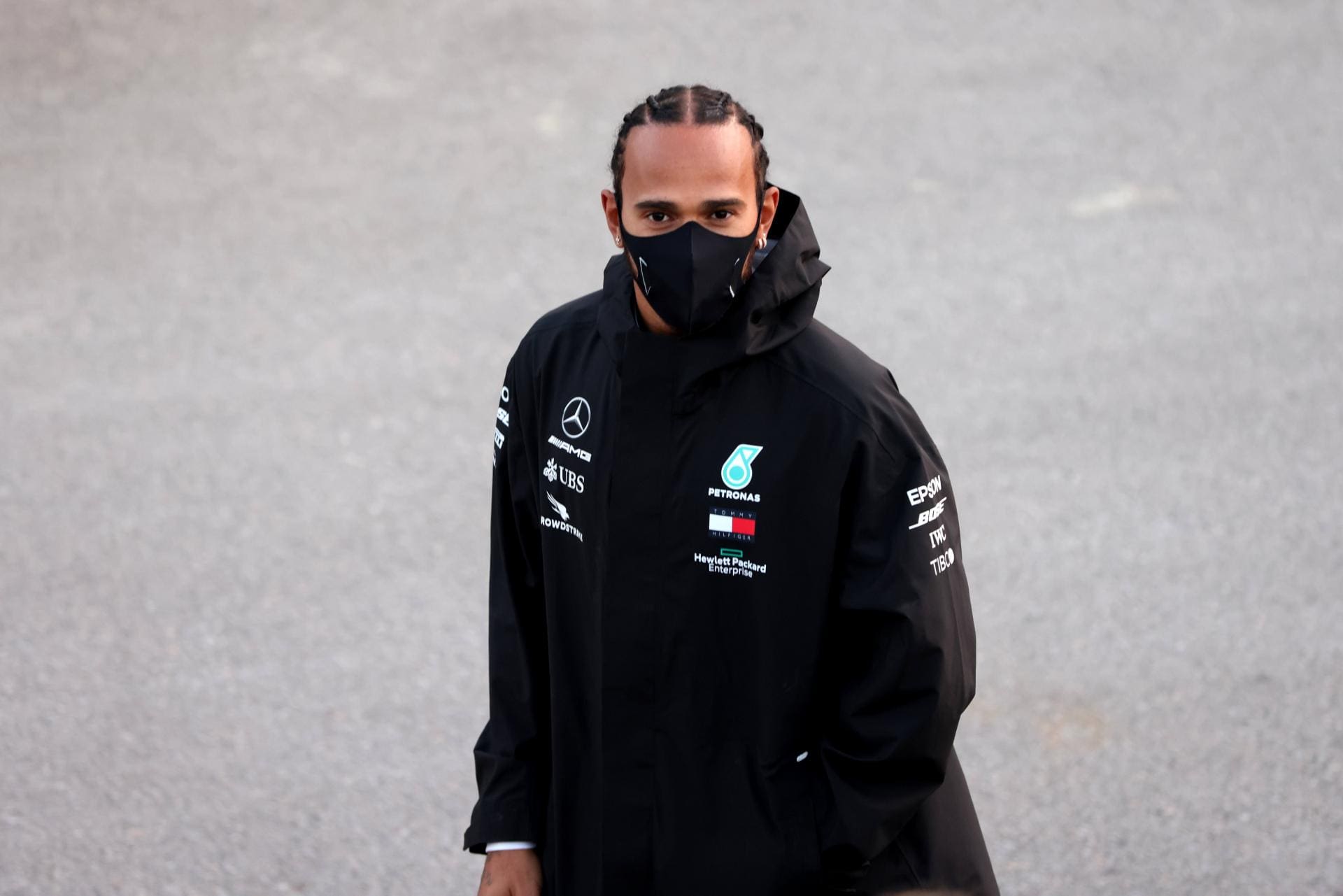
Hamilton keeps a Mercedes-Maybach in England but admits that most of his time is spent in the back seat these days. These days, Hamilton says his biggest luxury isn’t what’s parked on the driveway – it’s time. “I remember being a kid and naturally you see what others have and you don’t. I was given one pair of trainers a year and had to make them last. I also remember the idea of wanting the next big thing – a computer, bike or whatever it was.
“When I first met Nico [Rosberg], he was a world champion’s son and his dad had 26 cars. I never knew you could own more than one car! He turned up in a Lamborghini at one race and we arrived in a Fiat Cinquecento. I remember being blown away by that and thinking ‘wow! One day I’m going to have one of those’. Thankfully, I’ve gone through that period and come out the other side. You realise you don’t actually need any of that shit, what is really valuable and what you can never really get back is time.”
Hamilton, who reportedly earned £40 million in 2021, says time is one commodity he can’t afford. “When I get a Monday off after racing, I take my bulldog Roscoe down to the beach and sit and throw a stone with him, that’s luxury. I’ve had most of the things I’ve ever wanted but I can never get enough time.”
Read more: In conversation with Red Bull Racing’s Christian Horner





